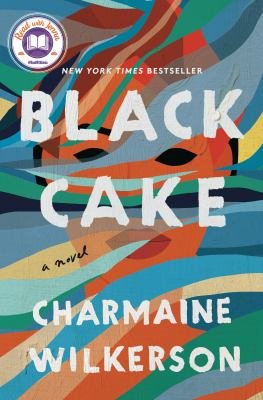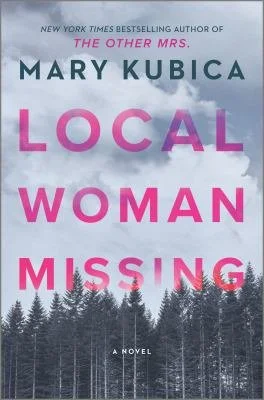This novel spans so much in a deeply troubling historical setting that when I was asked what the book I was reading was about when I was holding Cutting for Stone, I sort of mumbled “it’s about a doctor in rural Africa.” And that doesn’t cover, um, much of it. And yet, it IS the story. Or maybe it’s the context? It is a family epic, for sure, but also about a war refugee in America…
The opening is roughly 80 pages about a woman dying in childbirth, but it sets the stage for everything and everyone that you’re going to need to truly understand and deeply feel this story.
I will say, having finished the novel, I looked up a lot more of the medical terms than I needed to. The author is a celebrated Stanford doctor, and it shows. But I assumed I needed to know more than I did, so if I can save you a minute or two each page, I’m saying, just do what you do with fantasy character names and mumble the first letter of the word in your head, then move on with the story. You don’t really need to know which part of the kidney he’s cutting out, unless you’re interested in kidney surgery, in which case, I would assume you’ll find this to be a very gratifying read.
This story has a lot of really vivid images. One moment that stuck with me was an identical twin receiving his own gift for the first time on his tenth birthday - meaning, a gift just for him, that someone selected because they knew and understood him as an individual - versus both boys just getting a duplicate of the same thing since they were viewed as the same person. Fascinating.
Another memorable moment was a young man in medical school gaining knowledge rapidly, and realizing one day what killed his mother many years before, which had gone undiagnosed at the time. What an interesting and strangely tragic moment of discovery.
This is a very long book, and it’s not always a happy book. In fact, I might venture to say, it is rarely a happy book. And yet, it’s wistful. The book does not leave you feeling terrible. Abraham Verghese knows what’s he doing, even if it takes most of his characters a lifetime to figure it out.
Warning: This book contains a lot of war violence, including sexual violence and violence against children.









